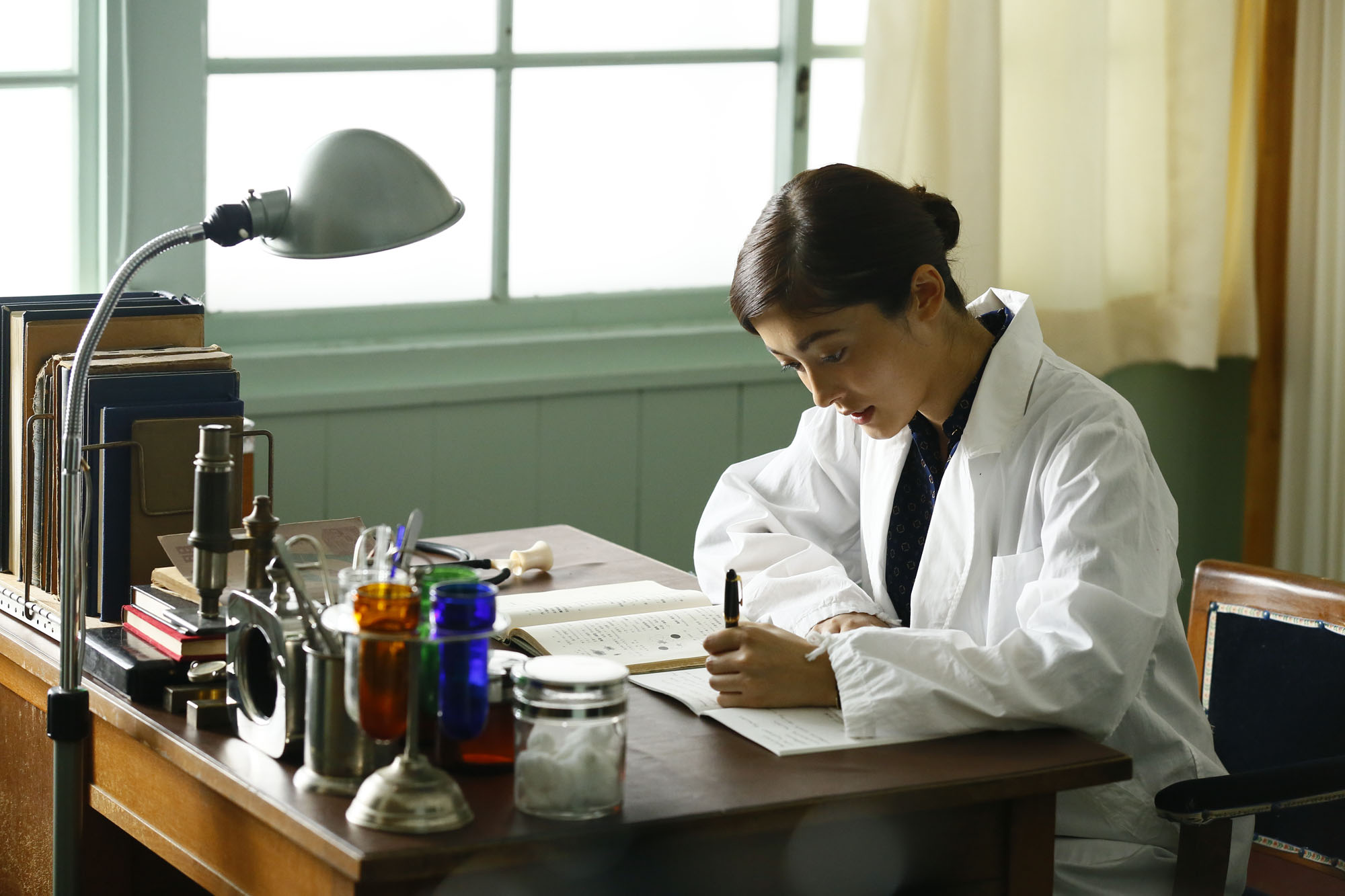Change comes slowly to the Japanese film industry. The hagiographic biopic about a doctor, scientist or similarly distinguished personage — rarely seen in Hollywood since the days of Jack L. Warner and Louis B. Mayer — is still alive and well here.
The latest local example is "Miss Doc" ("Isha Sensei"), Jiro Nagase's earnest and plodding, if instructive, biopic about Chikako Shida (1910-62), a pioneering doctor in rural Yamagata Prefecture. Though hardly as famous as the subjects of "The Story of Louis Pasteur" (1935) or "Madame Curie" (1943), Shida was not only the first woman from her native village of Oisawa (today known as Nishikawa) to attend a jogakko (prewar girls high school) and graduate from medical school but, on her return from Tokyo in 1935, became the village's only practicing physician.
Shida received local and national awards for her work and served in various capacities in the village government. Also, her tanka (short poems) were published in the famed prewar poetry journal "Araragi." In short, she was a shining example of female talent and accomplishment for both her era and ours, but she had to battle hard against ignorance and prejudice: Both female doctors and Western medicine were regarded as suspect in rural communities such as Oisawa in the early years of her career.


















With your current subscription plan you can comment on stories. However, before writing your first comment, please create a display name in the Profile section of your subscriber account page.